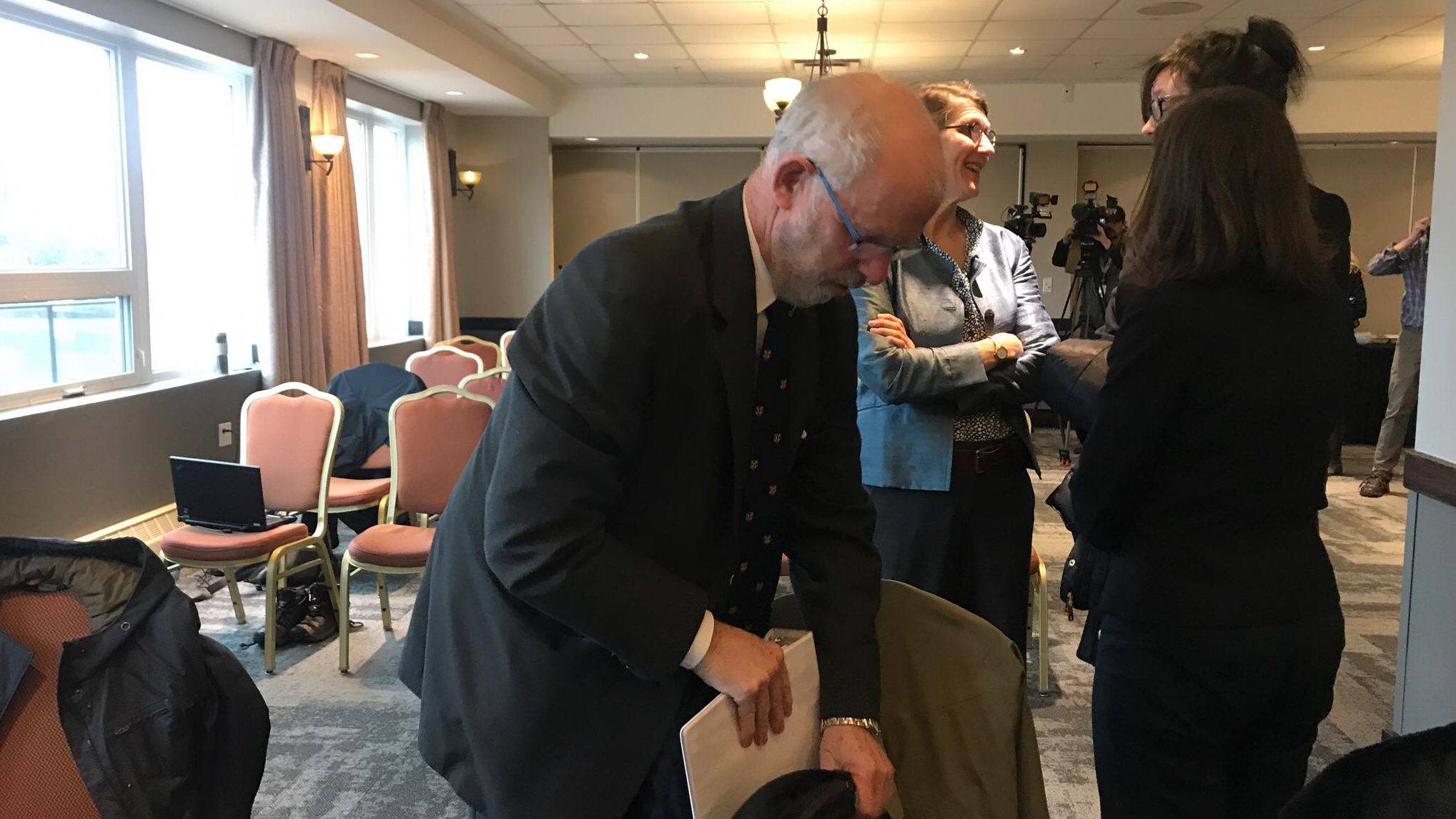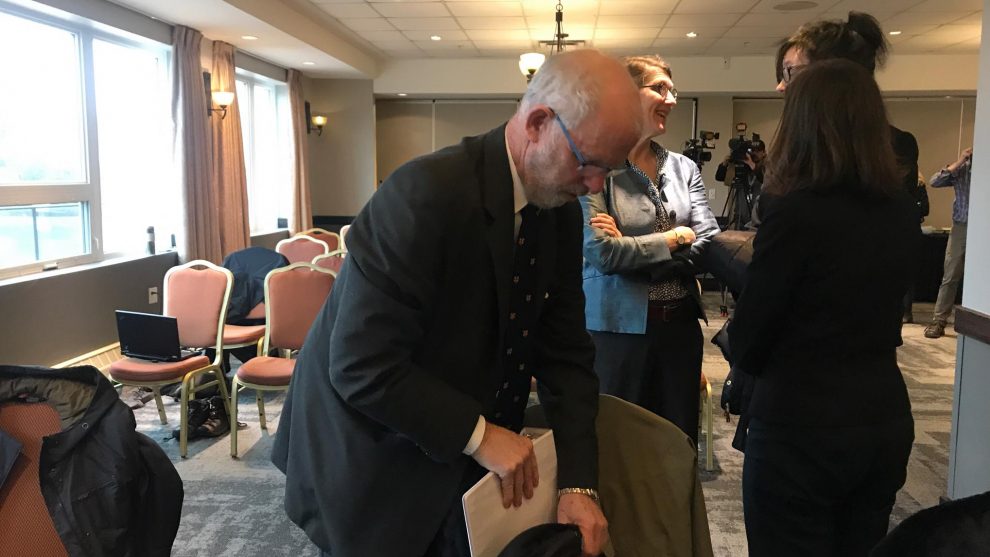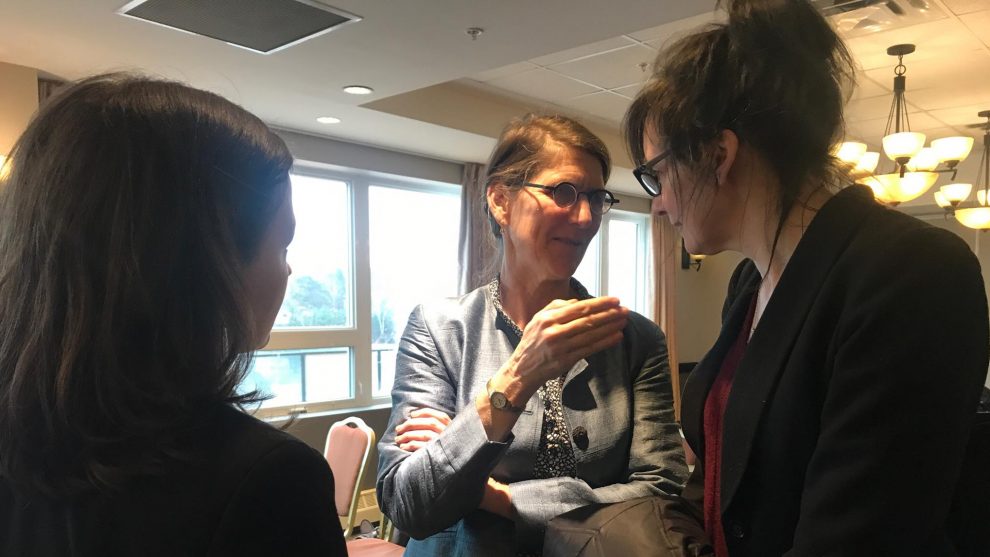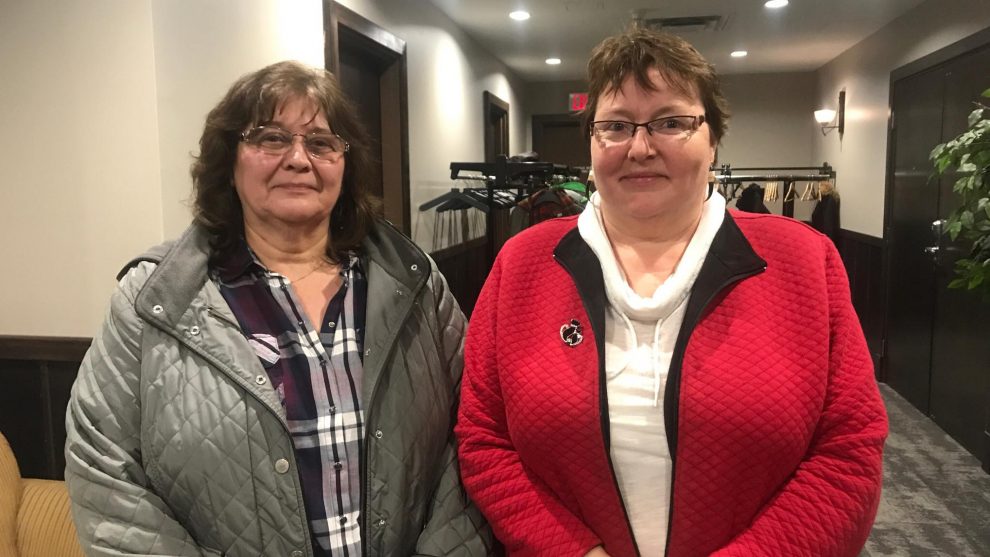Human rights
Human rights case argues for community living, not institutions
Opening arguments were presented in disability case to board of inquiry Monday


caption
Lawyer Vincent Calderhead represented the three complainants on Monday.A human rights tribunal is hearing the case of three people with disabilities who argue that being forced to live in an institution discriminates against them.
On Monday, opening arguments were made to the board of inquiry in the human rights case of Beth MacLean, Sheila Livingstone and Joseph Delaney at the Chocolate Lake Best Western hotel in Halifax.
Lawyer Vincent Calderhead, who represents the trio, said disabled people who are living in a hospital-like setting, where they are isolated and assaulted, is a human rights violation.
In an example, he said MacLean has been institutionalized since she was 12. Currently, she is living at Emerald Hall, a unit in Nova Scotia hospital that provides assistance to people with disabilities. He said she’s been placed there for no medical or legal reason. Related stories
“The evidence will show that the whole time the only reason she was there, and remains there, is because she has not been offered a suitable community place,” said Calderhead.
He said Livingstone, who died in 2016, was in a small community home for 18 years. In 2004, she was hospitalized and lost her spot in the home. She had to wait about 10 years for another spot to open.
“Even the province was saying yes, we can support her, but nothing happened, no placement was offered,” Calderhead said.
Calderhead said Livingstone was assaulted several times in the institution — and complained about it. She ended up in Yarmouth, far from her family in Halifax where she didn’t have family visits or family support on outings.
Delaney had a similar story to Livingstone’s. He lived in small option homes in Dartmouth for many years and was hospitalized in 2010.
“He lost his home and was offered no other,” Calderhead said.
Delaney is currently in Emerald Hall.
Calderhead said being put in institutions has affected these individuals in two ways: “it harmed their health and it stopped them from enjoying the benefits from living their full life.”
What this shows, he argued, “is how the province’s Social Assistance Act discriminates against disabilities.”

caption
Lawyer Claire McNeil (middle) represented the DRC on Monday.Lawyer Claire McNeil, representing the Disability Rights Coalition, spoke about the importance of social homes for people with disabilities.
McNeil said the true barrier is with the government itself.
“There’s a strong record track that we have that shows that people with disabilities can be successfully supported in the community and have been successfully supported here in Nova Scotia,” McNeil told the board.
Arguing on behalf of the province, lawyer Kevin Kindred said living in a community “is not a service provided by the government.”
“Any issue with social housing is not a discriminatory problem,” he said.
Neither Delaney nor MacLean were at the hearing on Monday. However, Livingstone’s nieces, Jackie McCabe-Sieliakus and Elaine Sullivan were.

caption
Sheila Livingstone’s nieces, Elaine Sullivan (left) Jackie McCabe-Sieliakus (right) attended the hearing.“I think that a lot of people are in the system like Sheila,” McCabe-Sieliakus told reporters after the hearing. “Sheila suffered a lot and I think the government needs to step up and everybody needs to hear the story.”
In an interview, Calderhead said there are about 1,500 people waiting to get into a small community home.
The next stage of the hearing will be to put forward evidence by lawyers. It is scheduled to take place on Feb. 13.


M
Mary Lorna Bushor
L
Lothian Taylor